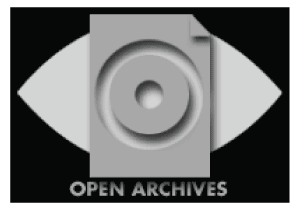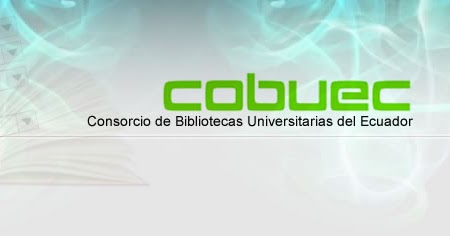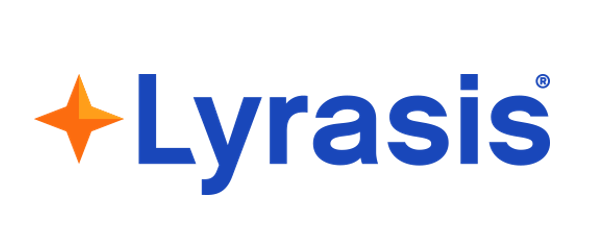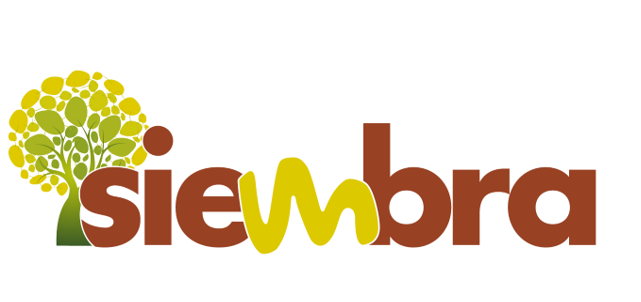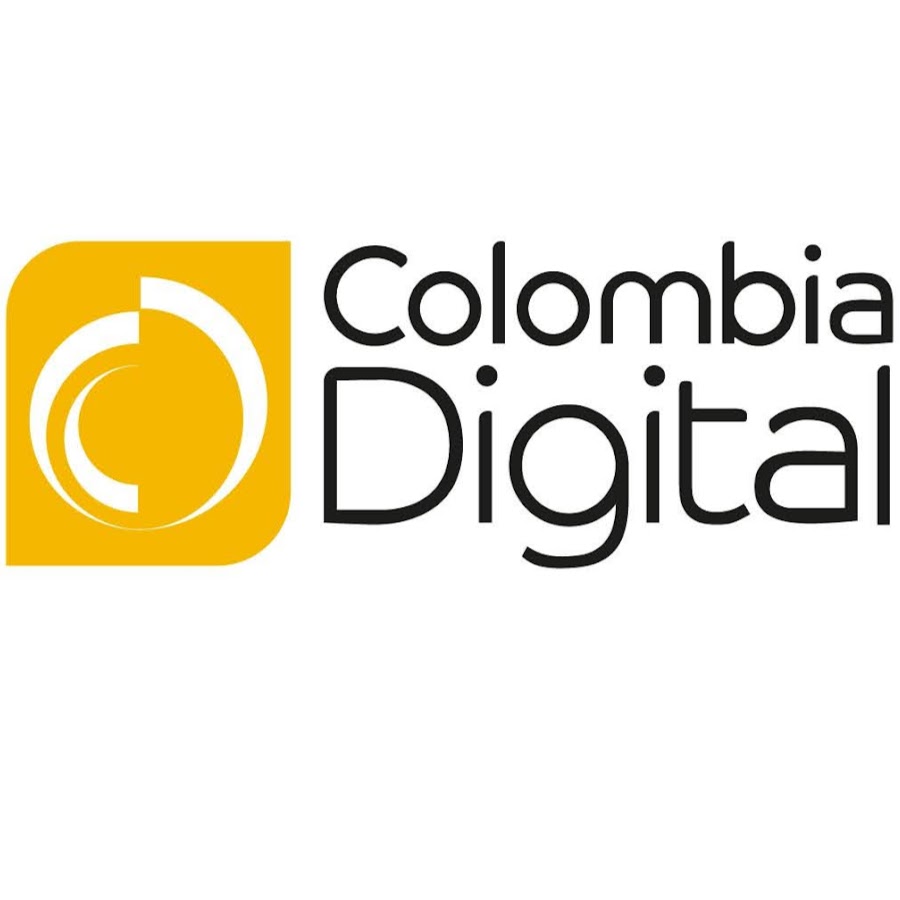Mostrar el registro sencillo del ítem
Evaluación del procedimiento para acceder a la información pública del municipio de Sogamoso acorde a la Ley 1712 de 2014 por parte de la ciudadanía en general.
| dc.contributor.advisor | Gómez Bonilla, Fabio Alonso | |
| dc.coverage.spatial | cead_-_Sogamoso | spa |
| dc.creator | Rodríguez Guevara, Sandra Patricia | |
| dc.date.accessioned | 2018-05-11T20:11:58Z | |
| dc.date.available | 2018-05-11T20:11:58Z | |
| dc.date.created | 2017-12-07 | |
| dc.identifier.uri | https://repository.unad.edu.co/handle/10596/17992 | |
| dc.description.abstract | La importancia del derecho de acceso a la información pública juega un papel fundamental como complemento necesario del principio de participación, dado que sin información ningún tipo de participación es posible. La información pública se considera teóricamente como una condición o una consecuencia de la participación o como el ejercicio íntegro de un derecho. En el primer lugar quien participa en los asuntos públicos debe estar previamente informado sobre dichos asuntos, si quiere participar con conocimiento y responsabilidad y por otro lado lo importante de la participación pública es precisamente la difusión de las informaciones obtenidas en el campo social.(López Olvera M. p 389-390) Según el plan nacional de formación para el control social la participación, es parte importante de la democracia donde permite a los ciudadanos hacer efectiva la posibilidad de hacer parte de las decisiones que los afectan en todos los ámbitos de su vida. La participación se convierte en la manera cierta de hacer posible la democracia y de construir un país. Teniendo en cuenta el tema a investigar, la investigación se estructura de la siguiente manera: en primer lugar se enuncia el capítulo I, allí se plante en donde radica el problema a investigar donde se realiza una descripción del problema y contiene planteamiento del problema, formulación del problema; justificación que son las razones o circunstancias por las que el investigador indaga respecto a la realidad de acceder a información pública en la institución donde se realiza la investigación, objetivos de la investigación que son las directrices a cumplir durante el proceso investigativo, seguidamente en el capítulo II, se encuentra marco de referencia que está conformado por los marcos teórico donde se hacen debates entre teorías planteadas por conocedores del tema en estudio, el conceptual donde se ubica el concepto de las palabras claves dentro de la investigación las que sirven para ser más comprensiva la lectura, marco espacial ubicación de la institución donde se realizara la investigación, marco temporal el tiempo establecido para desarrollar esta investigación y legal se enuncia la normatividad con respecto al tema . Luego se aborda el capítulo III, referido al diseño metodológico donde se especifica tipo, método, fuentes y técnicas de investigación es decir el paradigma metodológico utilizado en la investigación de acuerdo a la naturaleza del estudio y a la recopilación de datos; después continua con el capítulo IV Resultado de la investigación obtenidos de la entrevista semi-estructurada y de la información encontrada en la página web de la entidad resultados derivados de la aplicación de métodos y técnicas e instrumentos presentados en graficas de barras y cuadros comparativos en donde hay información proporcionada por informantes claves, entrevista a personal especializado en acceso a información pública y funcionarios del municipio de Sogamoso. Y se finaliza con conclusiones a las que llego el investigador y por ultimo recomendaciones dirigidas a la institución sometida a investigación. Estas se hacen con el fin de mejorar procesos establecidos por la entidad aunque no se encontraron deficiencias durante el periodo que se realizó el estudio. Referencias se incluyen todas las fuentes bibliográficas utilizadas con el fin que sirvan de referencia para investigadores o lectores que buscan conocer del tema acceso a la información pública. Se agregan anexos como formatos de entrevista, carta de solicitud. Palabras Clave: Acceso- Democracia -Derecho - Información- Participación | spa |
| dc.format | spa | |
| dc.format.mimetype | application/pdf | spa |
| dc.language.iso | spa | spa |
| dc.publisher | Universidad Nacional Abierta y a Distancia UNAD | spa |
| dc.title | Evaluación del procedimiento para acceder a la información pública del municipio de Sogamoso acorde a la Ley 1712 de 2014 por parte de la ciudadanía en general. | spa |
| dc.type | Monografia | spa |
| dc.subject.keywords | Acceso a la información - Legislación | spa |
| dc.subject.keywords | Democracia participativa | spa |
| dc.subject.keywords | Participación ciudadana | spa |
| dc.description.abstractenglish | Abstract The importance of the right of access to public information plays a fundamental role as a necessary complement to the participation principle, given that without information no type of participation is possible. Public information is considered theoretically as a condition or a consequence of participation or as the full exercise of a right. In the first place, those who participate in public affairs must be previously informed about these matters, if they want to participate with knowledge and responsibility, and on the other hand, the important thing of public participation is precisely the dissemination of the information obtained in the social field. (López Olvera M. p 389-390) According to the national training plan for social control, participation is an important part of democracy where it allows citizens to make effective the possibility of being part of the decisions that affect them in all areas of their lives. Participation becomes the true way to make democracy possible and to build a country. Taking into account the topic to be investigated, the research is structured as follows: first, chapter I is stated there, where the problem to be investigated is located, where a description of the problem is made and contains a statement of the problem, formulation of the problem; justification that are the reasons or circumstances for which the researcher inquires about the reality of accessing public information in the institution where the research is carried out, objectives of the research that are the guidelines to be met during the investigative process, then in the chapter II is a frame of reference that is made up of theoretical frameworks where debates are made between theories raised by experts in the subject under study, the conceptual where the concept of keywords is located within research, which serve to be more comprehensive the reading, spatial framework location of the institution where the research will be conducted, time frame for the time established to develop this research and legal stating the regulations regarding the subject. Then, chapter III is addressed, referring to the methodological design where type, method, sources and research techniques are specified, that is, the methodological paradigm used in the research according to the nature of the study and the data collection; then continues with chapter IV Result of the research obtained from the semi-structured interview and from the information found on the entity's website, results derived from the application of methods and techniques and instruments presented in bar graphs and comparative tables where there is information provided by key informants, interviews with personnel specialized in access to public information and officials of the municipality of Sogamoso. And it ends with conclusions to which the researcher arrived and finally recommendations addressed to the institution under investigation. These are made in order to improve processes established by the entity although no deficiencies were found during the period that the study was conducted. References include all the bibliographic sources used in order to serve as a reference for researchers or readers who seek to know about the topic access to public information. Attachments are added as interview formats, application letter. Keywords: Access - Democracy - Right - Information - Participation | spa |
| dc.subject.category | Gestión Pública | spa |
| dc.subject.category | Administración de Empresas | spa |
| dc.rights.accesRights | info:eu-repo/semantics/openAccess | spa |
| dc.rights.acceso | Abierto (Texto Completo) | spa |


